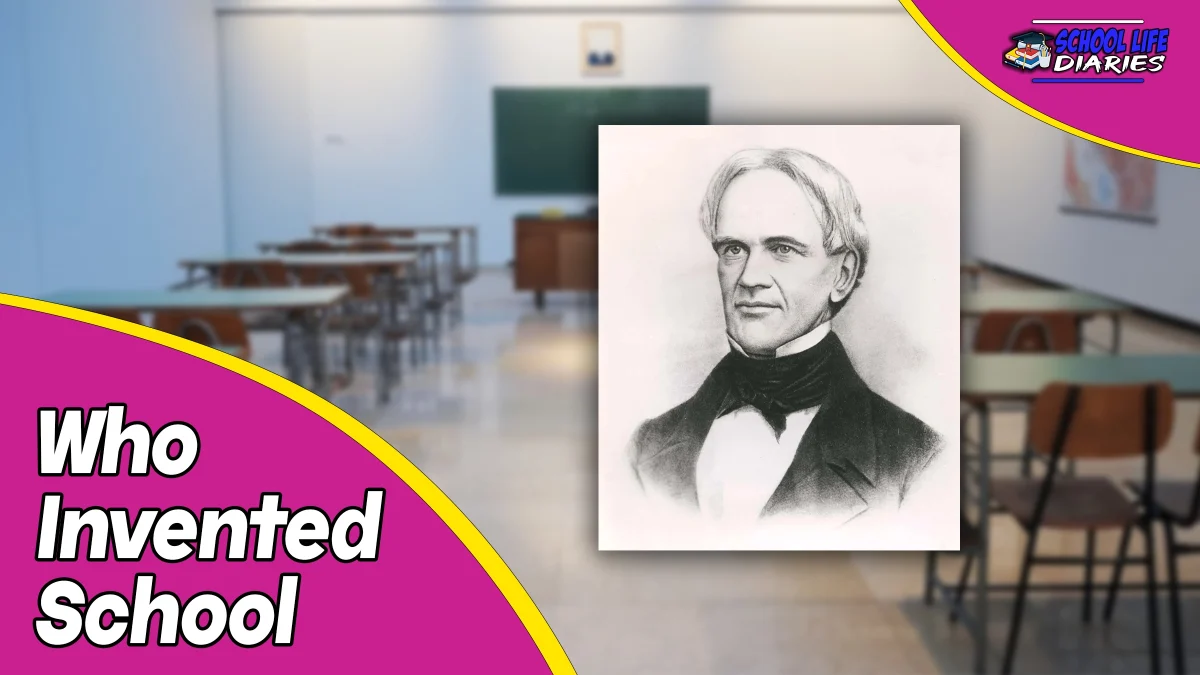The Intriguing Journey of Who Invented School

Greek Philosophers and Academia:
In ancient Greece, the concept of the academy emerged, thanks to the influential philosopher Plato. Around 387 BCE, Plato founded the Academy in Athens, a place where scholars engaged in philosophical discussions and intellectual pursuits. Although not a school in the modern sense, the Academy is often considered a precursor to formalized educational institutions.
Islamic Golden Age and House of Wisdom:
During the Islamic Golden Age (8th to 14th centuries), the House of Wisdom in Baghdad became a renowned center of learning. Scholars and scientists gathered to study and translate ancient Greek texts, contributing significantly to the preservation and dissemination of knowledge. While not a traditional school, the House of Wisdom played a pivotal role in the history of education.
Medieval Cathedral Schools and Monastic Education:
In medieval Europe, cathedral schools and monastic education were instrumental in preserving knowledge. Monasteries served as centers of learning, with monks copying manuscripts and imparting knowledge to novices. The cathedral schools, often associated with cathedrals and churches, laid the groundwork for formalized education in medieval Europe.
The Renaissance and Humanist Education:
The Renaissance marked a resurgence of interest in classical learning and humanist education. Humanist scholars like Desiderius Erasmus and Giovanni Pico della Mirandola advocated for a well-rounded education that encompassed the humanities, sciences, and moral philosophy. This era saw the emergence of educational institutions with curricula focused on a broad range of subjects.
The Modern School System:
The transition to the modern school system occurred gradually over several centuries. Notable figures such as Johann Comenius, often referred to as the "Father of Modern Education," contributed to the development of pedagogical methods. The establishment of compulsory education laws in the 19th and 20th centuries, as seen in countries like Prussia (modern-day Germany) and the United States, formalized the structure of modern schools.
While the concept of school did not have a single inventor, the history of education is a mosaic shaped by diverse cultures, thinkers, and visionaries. From ancient academies to medieval monasteries and the humanist ideals of the Renaissance, the journey of education has been a continuous evolution. Today's schools stand as a testament to the enduring belief in the transformative power of knowledge, passed down through the ages by those who recognized the profound impact of organized learning on society and individuals.
Thank you.